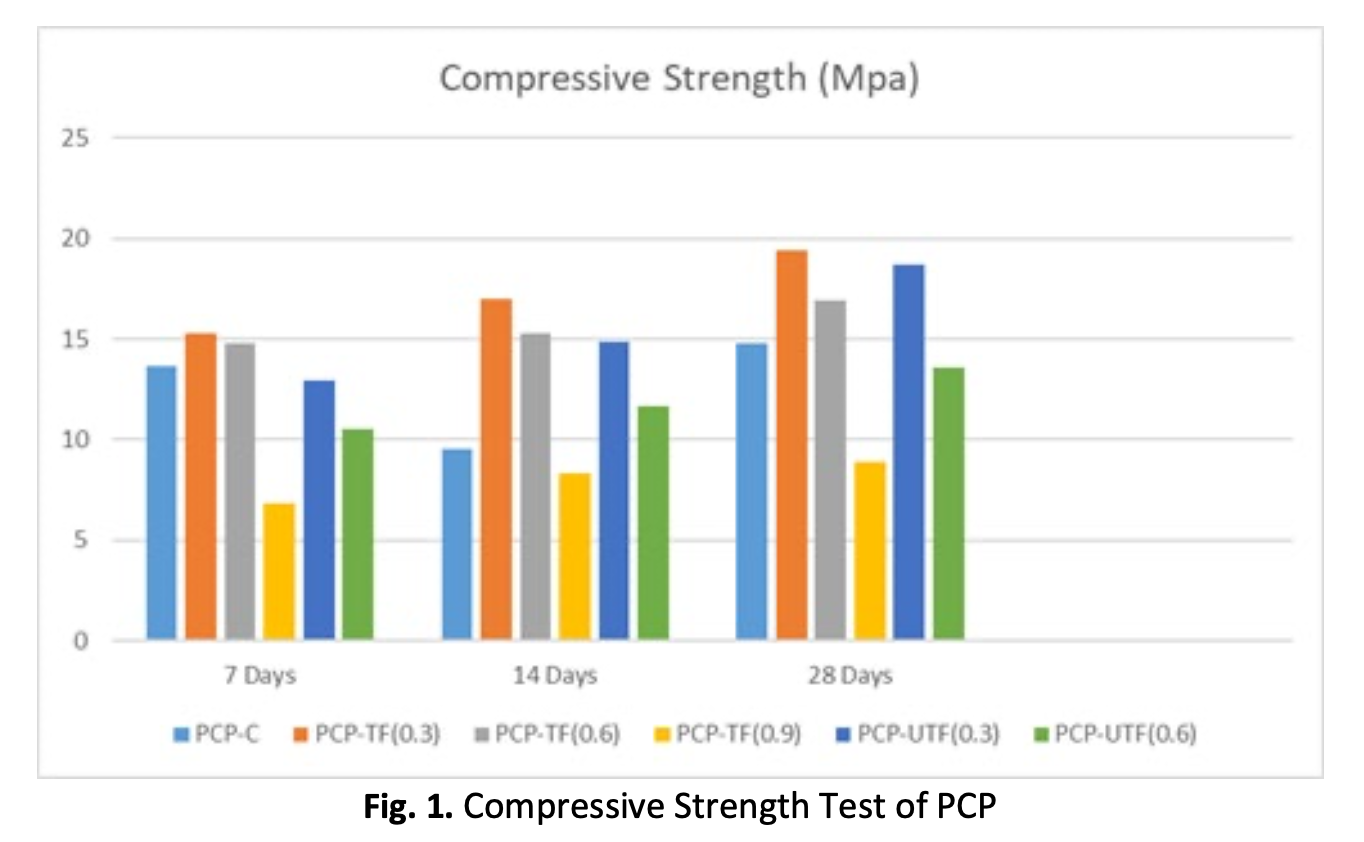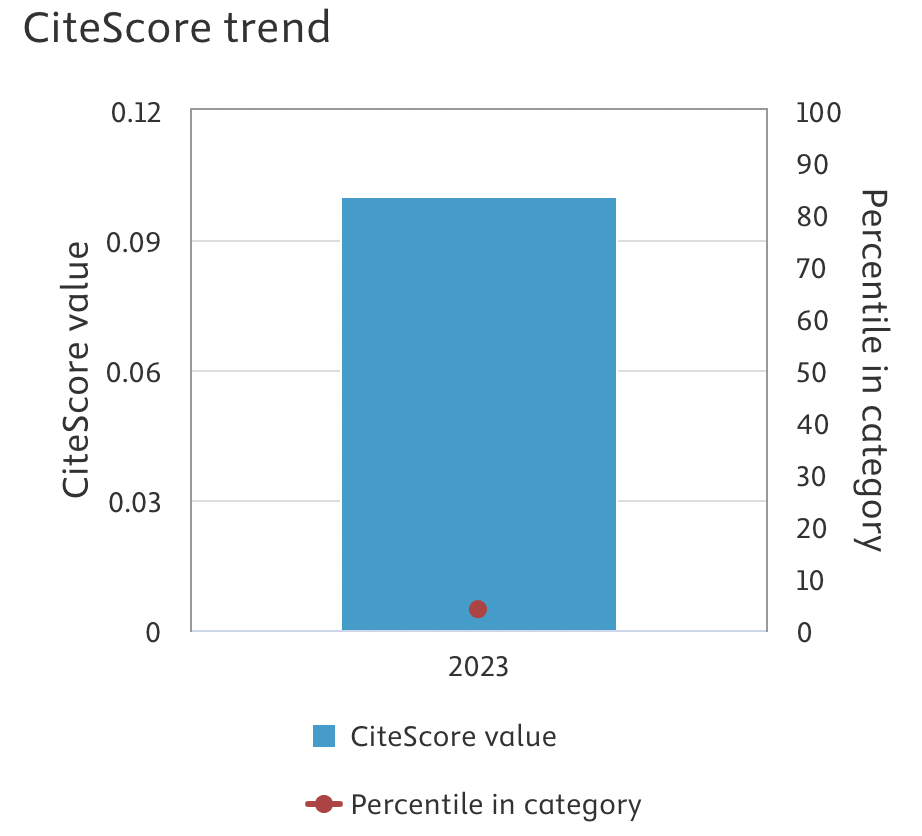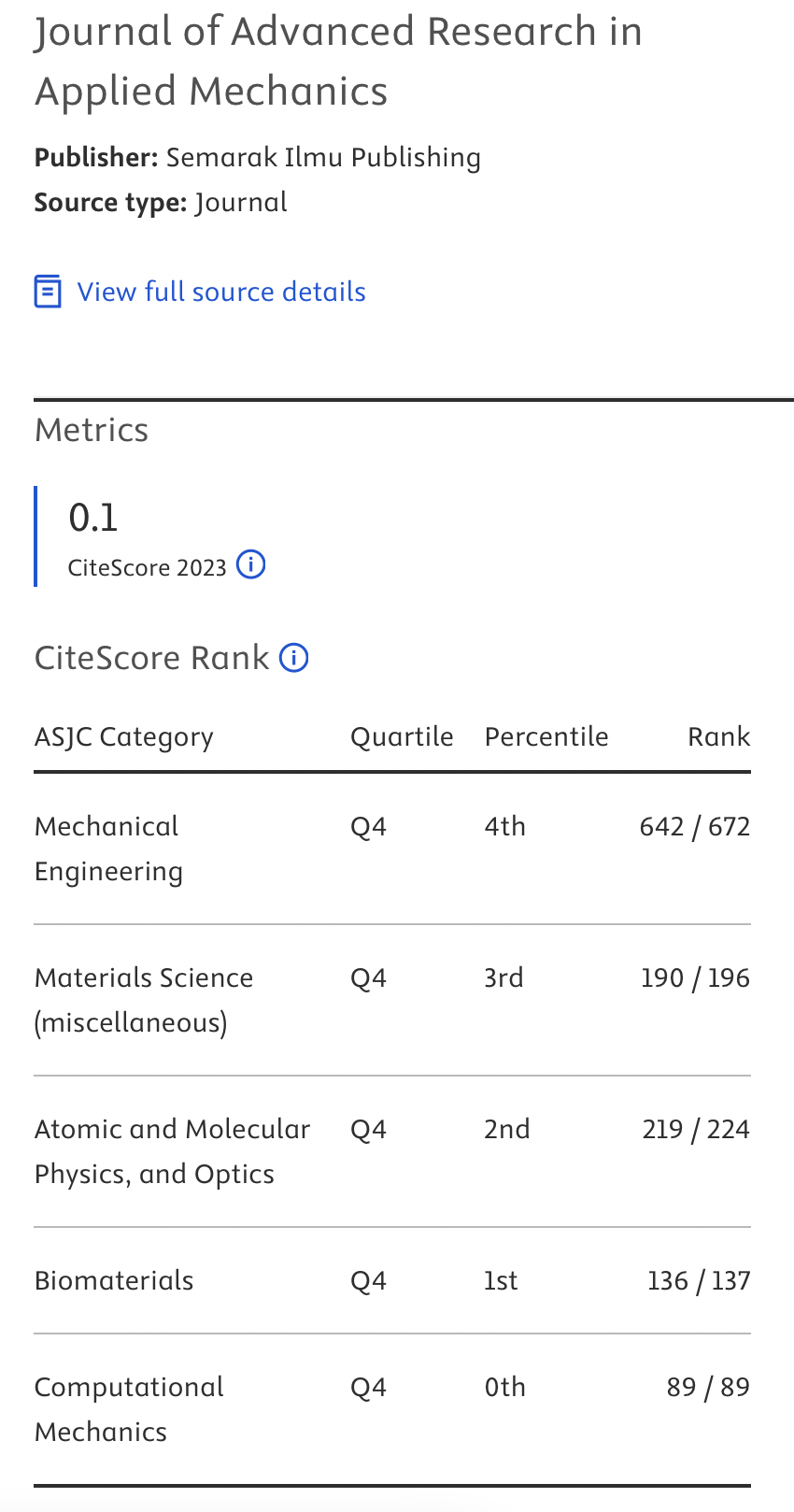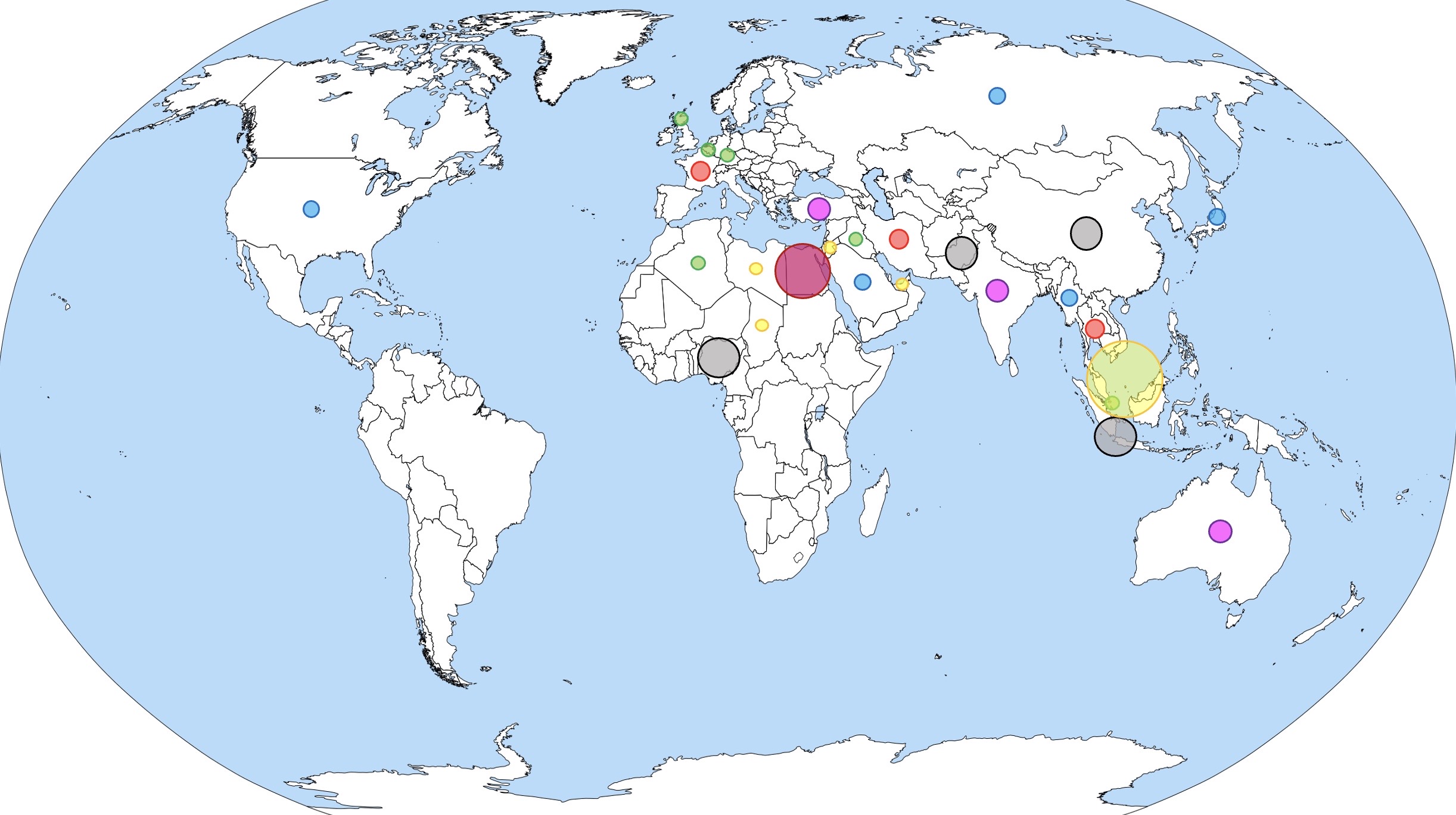Study of the Mechanical and Physical Properties of Pervious Concrete Modified with Treated and Untreated Natural Coconut Fiber for Pavement
DOI:
https://doi.org/10.37934/aram.110.1.1121Keywords:
Pervious concrete, coconut fiber, pavement, treatment, mechanical properties, physical performanceAbstract
Pervious concrete pavements (PCP) are a novel material that numerous researchers are studying and focusing on. Its inexpensive cost, quick construction, and simple implementation are gaining favour. The aim of this study is to investigate the mechanical properties of pervious concrete pavement as well as the effects of modifying it with natural fibres such as coconut fibre. In this study, two types of coconut fibre were used: untreated (raw) fibre and alkali-treated fibre, as well as aggregates of various grades. By varying the amount of coconut fibre added by volume fractions of 3%, 6%, and 9%, the PCP mixes were generated. The fibre was treated with sodium hydroxide (NaOH) and is 2.5–3.5 cm long. The results showed that a 3% addition of treated natural fibre improved the mechanical properties of the PCP. Natural coconut fibre is able to be used as a concrete modification to improve its flexural behaviour and strength. According to the findings of this study, using 3% coconut fibre in the mix design of PCP at the age of 28 days improves tensile strength by 1.3 MPa, compressive strength by 4.8 MPa, and flexural strength by 1.92 MPa, whereas using 6% and higher fibres decreases flexural and split tensile and compressive strengths.
Downloads



























